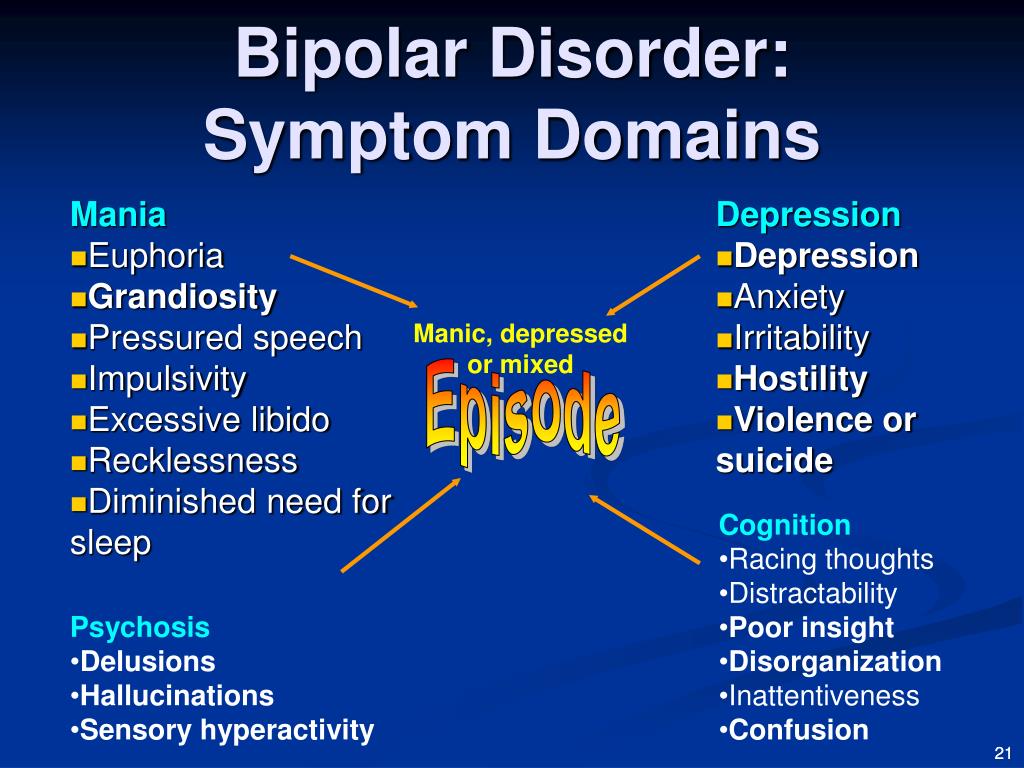How to get out of a midlife crisis
How To Cope With Midlife Crisis
For many, middle-age is the time in our lives that we pause for a moment to reflect. In the beginning of our lives, it’s as if we have been shot out of a cannon. The moment never seems to slow down as many of us gain an education, make friends, choose a career, commit to a significant other, have children, raise them as best we can, and plan for retirement.
Eventually life slows down and we have more time to take reflect on our lives; of who we’ve become and where we seem to be headed. Many people begin to look around at their life and notice what is and isn’t working. Then we suddenly have the realization that life is finite – and the clock is ticking.
For many, this realization can bring on feelings of anxiety and a midlife crisis.
Some may be dealing with teenagers they don’t recognize, a divorce, or the ending of a long relationship. Others might be facing illness or the loss of someone close. Some realize their career isn’t what they really want. For women it might be the onset of menopause. For men it might be realizing we aren’t the man we want to be.
Divorce can bring on a midlife crisis.
We’ve likely been so busy trying to build financial stability and security, keeping up with the Joneses, and pleasing everyone around us, that we haven’t always made decisions based on our own self interests.
Maybe we find ourselves lost and unable to recognize our lives as anything that we once imagined.
Common signs of a midlife crisis
Mood swings: Those experiencing a midlife crisis can seem highly temperamental, becoming angry or irritable without justification.
Depression and anxiety: A midlife crisis can cause one to feel sad, restless, agitated, or just plain miserable.
Sleeplessness or oversleeping: Depression, anxiety and a constant racing mind can significantly interfere with our sleep.
An obsession with appearances: Those going through a midlife crisis often feel the need to remain attractive to others and may go to great lengths to try to do so.
Increased consumption of drugs or alcohol: Middle-aged adults often turn to drugs or alcohol to mask their negative emotions and self-medicate.
Feeling stuck in a rut: Those going through a midlife crisis often feel like they’re stuck – in a bad job, a bad marriage, a bad situation – with no way out.
Thoughts of death or dying: A midlife crisis can cause people to think obsessively about their own mortality.
Relentless life evaluation: A midlife-crisis can result in patterns of thinking about their life that are obsessive and ruminating.
Impulsiveness: People struggling with a midlife crisis often engage in impulsive behavior making sudden large and expensive purchases or sudden changes in their life like abruptly ending relationships.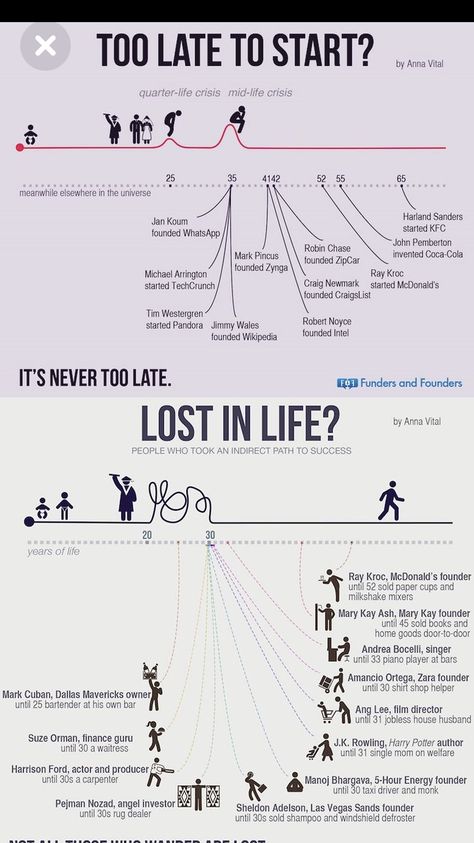
A midlife crisis is often simply a wake-up call to the fact that we need to start taking better care of ourselves.
Everyone experiences challenges in midlife, similar to any other phase of life. But not all these challenges are an actual crisis. Something difficult that is managed and moved on from, will naturally involve some sadness and anger.
A midlife crisis, however, brings upon negative thoughts and new emotions that feel overwhelming and threatening. It almost always involves ongoing depression and/or anxiety.
1. Embrace Your Creative SideGet creative to help spur some inspiration.
Everyone has a creative side. But many of us ignore our creative impulses because of a lack of time or a belief that we aren’t talented enough. Tapping into your creativity is one of the best ways to reconnect with yourself.
Start viewing your life as one big art project and do something to feed your creativity.
Write in a journal. Not sure what to write? Start a memoir. Write one of your grandparent’s biographies. Free associate and be amazed at the thoughts bouncing around in your head. Learn how to paint. Take surf lessons.
Embracing your creative side can illicit true feelings of joy as well keep your brain young and active and ward off dementia and Alzheimer’s.
2. Mindful MeditationMindful meditation is a great way to reconnect with your inner self and create new insights.
Meditation has been proven to reduce symptoms of anxiety and depression, improve focus and concentration, increase self-awareness and promote better physical health.
You don’t have to clear your mind or chant a phrase while sitting in the lotus position. Mindful meditation is simply the act of becoming aware of your thoughts through self-examination and reflection. Once you begin to practice, you can do it anytime and anywhere – whether it be for 2 minutes or 1 hour.
For some quick tips to get started check out How Meditation Can Help Manage Stress & Anxiety.
3. Make Some ChangesReevaluate what needs to stay and what needs to go in your life.
Midlife is an opportunity to make some changes. It could be as simple as painting a room in your house, to finally getting in shape, to dumping some unhealthy friendships, or making that career change you’ve been daydreaming about.
This is the time to start making choices based on your own needs, not the needs of others. This can be hard for many as some start to experience feelings of guilt believing we’re being selfish. If you find you’re someone who struggles with this, then it may be time to reevaluate your boundaries. For more help, check out How To Set Healthy Boundaries.
If anyone in your life has a problem with you beginning to take more interest in your own best interest – then maybe they don’t have yours in mind.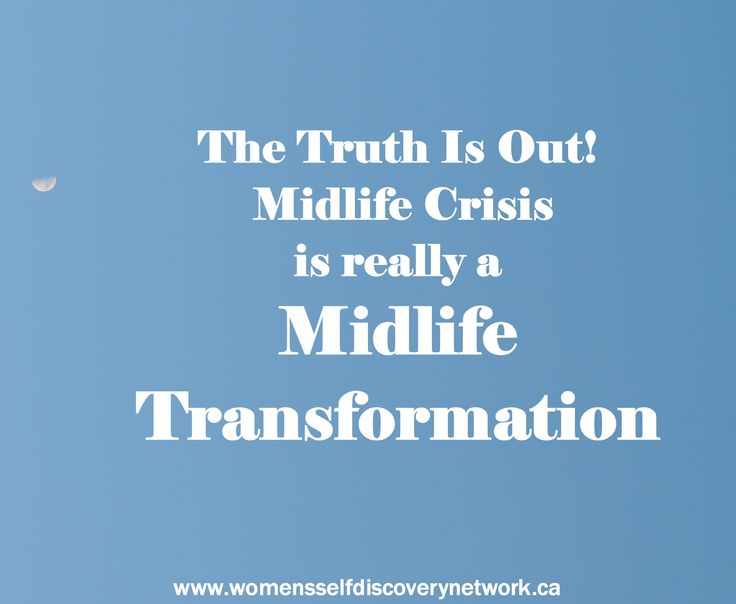
Creating a mindset of gratitude can have profound changes.
Every morning while you wait for the coffee to brew, spend 2 minutes writing three things you’re grateful for. These can be common, everyday things like a beautiful sunset, or your partner, or that awesome moment with your 3 year old yesterday.
Stick with it when it goes from being quick and easy to having to think. This is when your thought patterns begin to change. Giving up when it starts to get hard leads to no changes.
Tell someone you love how much you appreciate them. Include a random act of kindness in each day. Volunteer for organizations that that speak to your values. Compliment your partner when they look good. Say thank you for the little things they do for you.
Changing your mindset to one of gratitude can be one of the most profound changes you can make in your life. It’s not about just “trying” to be more grateful though. You have to actually engage in the actions above and do it consistently until they become a natural part of your life.
You have to actually engage in the actions above and do it consistently until they become a natural part of your life.
When was the last time you felt good after spending time on social media?
It’s no secret that overusing social media can lead to depression, anxiety, envy, feelings of hopelessness and worthlessness. Furthermore, it’s usually a complete waste of time.
Imagine what you could accomplish instead of spending hours scrolling the highlight reels of other people’s lives.
Read a book. Do 5 minutes of deep, mindful breathing. Review your life goals. Call a friend or family member you’ve been meaning to connect with.
When was the last time you set the phone down after scrolling and felt optimistic, hopeful, inspired, or motivated?
6. Hang Out With Like-Minded PeopleLike-minded friends are important for midlife transitions.
Social interaction is key to a happy and healthy life.
But many of us spend the majority of our adult lives around people we may not like very much or feel closely aligned with: namely coworkers and the parents of our children’s friends. Now is the time to surround yourself with people who support and inspire you, and share common passions and interests.
Reconnect with old friends. Get involved with community activities that spark your interest where you’ll meet like-minded people. Not sure where to start? Check out Meetup.com to get some ideas.
A midlife crisis doesn’t have to be a crisis at all but a chance for you to take control and make different choices in your life. If you’ve tried these things and still find yourself at a crossroads, find an awesome therapist you like and trust to help you carve out a path to the next chapter of your life.
James Killian, LPC is the Principal Therapist & Owner of Arcadian Counseling in New Haven, CT where they specialize in helping over-thinkers, high achievers, and perfectionists reduce stress, increase fulfillment and enhance performance so they can move From Surviving To Thriving.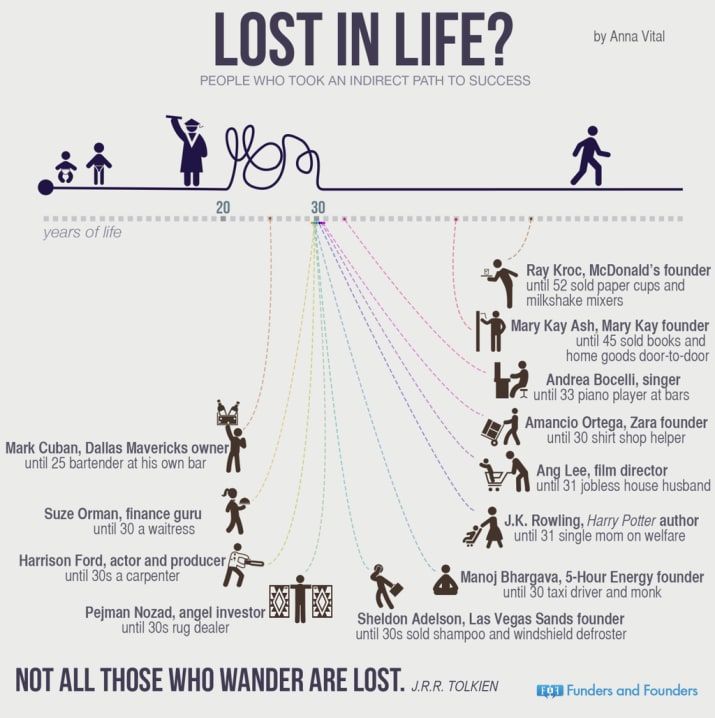
How to Turn a Midlife Crisis into a Fresh Start
The idea of a midlife crisis is so common and widespread that it’s often used as the plot for TV shows and movies. You probably don’t have to think very hard to remember an episode about a middle-aged man buying a red sports car on a whim or to remember a joke in a movie blaming a character’s affair on a midlife crisis.
You’ve likely seen it in real life too, or at least heard it talked about a lot when a coworker gets divorced or a relative suddenly quits their job.
So, it might surprise you to learn that a midlife crisis isn’t a mental health diagnosis. In fact, experts have been debating for decades whether midlife crises are real at all. There’s still no good answer.
What we do know, is that there’s some evidence that reported happiness appears to drop for people between ages 40 and 60. The Centers for Disease Control and Prevention (CDC) also reports that this age group has the highest rates of depression.
Why are rates of depression so high? And where did the idea of a “midlife crisis” come from? There are a few answers to this.
One reason is thought to be that midlife is the first time many people are no longer able to think of themselves as “young.” This change in thinking can force people to rethink everything about their lives, including their marriages and careers. That might be part of why midlife is associated with a high rate of divorce and marriage trouble.
Additionally, people in midlife are generally settled into their careers and might realize they haven’t achieved the things they wanted to.
Fortunately, midlife doesn’t have to be a crisis at all. In fact, midlife is a fantastic time to make positive changes in your life. So rather than buying a sports car on a whim, try following our tips to make the most of midlife.
You can improve your relationships while working on being happier and healthier. Then maybe you can make sure that a sports car is actually in your budget.
It’s common for people in midlife to report burnout.
You might feel overworked. You might be stressed taking care of your children or an aging parent. You might be juggling your relationship with financial and other hardships. No matter what you’re juggling, it can be hard to stop and breathe. You might even feel selfish taking time for yourself.
You don’t need to. Mental health experts agree that focusing on yourself is incredibly important. Taking the time to ask yourself what you want and what you’re feeling can be the first step to knowing if you need to make a change.
So, before you do anything else, take some time to think about how things have been going for you in the past few years. It’s the best way to get started on your midlife refresh.
Midlife can bring changes. Often, these changes happen fast without an adjustment period or time to process them.
Many mental health professionals agree that one of the best things you can do is set aside the time to acknowledge those changes. This doesn’t mean you need to dwell on the past. It simply means that it’s a good idea to be actively aware of changes.
This doesn’t mean you need to dwell on the past. It simply means that it’s a good idea to be actively aware of changes.
For some people, this might mean journaling to work through events. However, even if writing things down isn’t a method that works for you, you can take time and space to reflect on any changes you’ve experienced over the past few years.
One thing that can be especially beneficial? Taking time to be grateful for any positive changes.
There are multiple benefits to learning something new. It can keep your mind active, give you something to be excited about, and give you an amazing sense of pride and accomplishment. That’s why it’s so highly recommended by mental health professionals for people in midlife. It’s also a great way to take a break and take a little time for yourself.
You can learn an astounding range of things from the comfort of your home. You can learn to speak a new language or write computer code using apps on your phone. You can take entire courses from top universities on just about any subject you can imagine. Some online course programs even allow you to earn credits or certificates.
Some online course programs even allow you to earn credits or certificates.
If you’d rather get out of the house, your local community college is a great place to start. Most community colleges offer a full slate of courses just for adult learners who’d like to pick up a new skill.
Therapists and researchers have strongly suggested that social connections are important for mental health. It can make a huge difference in your life to have people you can share good times and celebrations with, people you can call for a good conversation, and people you can count on for support during tough times.
It’s also common to feel isolated, especially in midlife. Reaching out to family and friends and trying to stay connected can help. You don’t have to plan a party or major event to reconnect. It’s best to start with a simple hello, whether that’s sending a text message to your sister, a Facebook message to a local friend, or an email to a friend you haven’t seen in years.
Unfortunately, marriage difficulties are often associated with midlife. Divorce, affairs, or simply a cooling down of romantic and sexual feelings are commonly reported to therapists.
Divorce, affairs, or simply a cooling down of romantic and sexual feelings are commonly reported to therapists.
Of course, that doesn’t mean the decline of relationships is an unavoidable part of midlife. Marriage and family therapists recommend that you take some time at this point to think about what you want from yourself, your life, and your partner. If you’re still dedicated to them, it might be a great time to find new ways to celebrate each other.
Actions, such as planning a romantic vacation, going on date nights, or taking care to appreciate each other more, can go a long way toward a happy midlife love life.
That doesn’t mean you have to be married to take time to focus on your love life. Midlife can be a good time to focus on what you want out of any future relationships, or to decide if you’re interested in having a future relationship at all.
You might decide you want to make the leap and download that dating app or swallow your nerves to tell someone you’ve been seeing casually you’d like something more serious.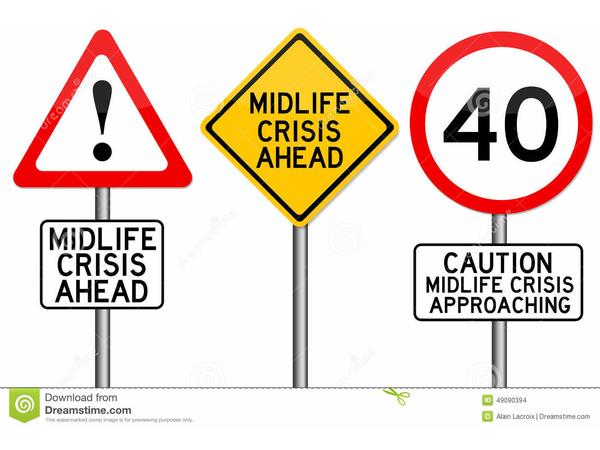
Exercise is important. In addition to its many physical benefits, it can improve your mental health, sharpen your focus, and reduce your stress. It can also start to feel boring, especially if you’re already feeling restless or fighting negative thoughts in your life.
So, even if you’re already hitting the gym several days a week, finding new ways to stay active can help. It can keep you motivated, boost your mood, and increase your confidence.
Don’t be afraid to step outside your comfort zone when it comes to fitness. A ballroom dance class, hiking group, or local recreational sports league can all be fantastic ways to stay fit. Plus, they can be a fun and low-stress way to make a few new friends.
Small changes can go a long way. Midlife is an ideal time to start a new healthy habit.
You don’t have to overhaul your entire lifestyle — you can pick a small change and stick with it. You’ll get the health benefits of the change and the satisfaction that comes with maintaining a new habit.-Step-11.jpg/670px-Identify-a-Male-Midlife-Crisis-(For-Women)-Step-11.jpg) That means a mental health and physical health boost for a single action, and it’s hard to beat that.
That means a mental health and physical health boost for a single action, and it’s hard to beat that.
Some suggestions? You could start taking the stairs every day at work, bringing a planned lunch from home, having fruit every morning, or making sure to drink enough water. You can also consider cutting out some less-than-healthy habits, like drinking soda or smoking.
Spending time outdoors has proven mental health benefits. Therapists often suggest that patients in midlife take an outdoor walk at least a few times a week.
A walk around your neighborhood can be a great way to get fresh air and get your blood pumping, but you don’t have to stop there. If you want to go further, consider spending the day hiking the trails in a local park. You could bring a friend to provide motivation, or use the time on the trail to clear your mind.
Of course, you don’t have to just walk to get the benefits of the great outdoors. Boating, swimming, camping, or just relaxing on a nice day can all boost your mood.
It’s common to feel dissatisfaction with work during midlife. You might feel burnt out, bored, or that you wasted your time in a career you don’t love.
While it might be tempting to quit tomorrow, there are better ways to handle this feeling. Experts agree midlife is an ideal time to work on something you’re passionate about.
Maybe you’ve always wanted to write a novel, or maybe you’ve always been curious about selling your homemade jewelry online. No matter what, focusing on a project you really care about can boost your energy and optimism. Plus, it might bring you an additional source of income or even shift your career.
You might think of therapy as only being for times of distress, trauma, or crisis, but that’s not the case. Therapy is a great tool for times of transition, too. Midlife can be a great time to talk with a therapist.
A therapist can help you sort out feelings about past events, manage your current stress, and plan for your future. They can help you make the most of your midlife years and feel confident about your way forward.
Additionally, if midlife has brought major changes such as divorce, marriage difficulties, or death, or if it’s caused significant reflections on your past, a therapist can guide you through your thoughts and feelings.
Midlife is a wonderful time to restart things that might have felt a bit stalled in your life. Whether it’s your relationships or your health, you can take control now and make positive changes.
Right now is the best time to take steps that improve your life for years to come. You don’t have to let midlife be a crisis that drags you down.
Instead, spend some time outside, call a friend, go on a date with your spouse, pick up your guitar again, take a cooking class online, join a runner’s club, and consider making an appointment with a therapist to help you through it all.
Read this article in Spanish.
How to get out of the midlife crisis - and where?
11,016
Know YourselfPractices how to
In the last 10–20 years, the midlife crisis has become noticeably younger: more and more often it overtakes 30-year-olds. Now is a fast time, and many achieve success at 27-30, and after success comes a feeling of dissatisfaction. And that means it's time to look inside yourself before it develops into a protracted depression.
Now is a fast time, and many achieve success at 27-30, and after success comes a feeling of dissatisfaction. And that means it's time to look inside yourself before it develops into a protracted depression.
Signs of a midlife crisis
Achievements in the outside world are important, but they do not bring complete satisfaction and happiness if they do not harmonize with inner values, do not express the deepest needs of the human soul. When there is no harmony, a person experiences discomfort.
A crisis can be identified by the following signs:
- inexplicable anxiety or melancholy for which there are no apparent reasons;
- lack of job satisfaction, bad mood, sense of lost time;
- the feeling that we are not living our own life.
Among successful people, there are many who build their lives, focusing on external indicators: well-being, a high step on the social ladder, respect for others. But at the same time, they do not always know what is important to them. Therefore, the first step towards getting out of the crisis is to understand your views, determine your deepest values, and find inner support.
Therefore, the first step towards getting out of the crisis is to understand your views, determine your deepest values, and find inner support.
Define values
When I ask the question “What is important to you?” I often hear simple words like “family” or “health”. But these are just words, and everyone puts a different meaning into them. For one, the family means the need for support and understanding, for another - security and a strong rear, for the third - close emotional relationships and trust. Health is also different for everyone. For some, this means stopping catching a cold and starting to be active, and for another, it means climbing Everest or scuba diving to a depth of ten meters and discovering a new level of inner freedom. After all, we need to go under water and to the top not just like that, but for some reason.
Doing something good for the sake of others, we experience joy, and when we cause them suffering, we doom ourselves to suffering
the energy it contains.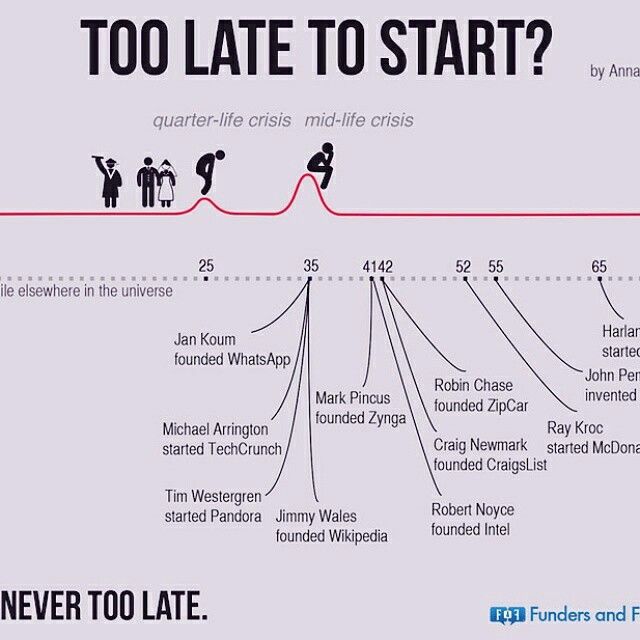 Those who act from their deepest values do not have a sense of emptiness and a sense of wasted time. The process of moving towards the goal is filled with meaning and brings happiness.
Those who act from their deepest values do not have a sense of emptiness and a sense of wasted time. The process of moving towards the goal is filled with meaning and brings happiness.
Three levels of being
To streamline my reflections on the midlife crisis, I propose to understand the three levels of being.
Physical level: where and how we live, what we eat and what we drink, where we go and what we surround ourselves with, how we relate to our health, sleep, rest, etc.
Emotional level: emotional intelligence, relationships with oneself and others, with colleagues and friends. What do our thoughts contribute more to - peace and cooperation or conflict and hostility? To what extent do we know and satisfy our deepest needs, understand the needs of others?
Spiritual level: to what extent do we realize our destiny and feel connected with the whole world?
Answering these questions, we realize what we are at the present moment. Sometimes we do not have a ready answer for some of the questions. Here you need to listen to yourself, without rushing. Be patient and the answer will appear. The first level of values is seldom problematic, the second one requires some serious thought, and the third level questions are almost never answered immediately.
Sometimes we do not have a ready answer for some of the questions. Here you need to listen to yourself, without rushing. Be patient and the answer will appear. The first level of values is seldom problematic, the second one requires some serious thought, and the third level questions are almost never answered immediately.
Perhaps the following idea will help to think about them: we all have a deep understanding that all people on Earth and the Earth itself are a single whole. Separation and competition are only an appearance, an illusion. It is not difficult to find confirmation of this: by doing something good for the sake of others, we experience joy, and by causing them suffering, we doom ourselves to suffering, even if we do not immediately notice it.
From the very birth we receive something important from the world, but there comes a time when we must ask ourselves what we ourselves bring to this world, what we give to it. Sometimes the same question sounds like this: “What mark will I leave? What will be left after me?
If we know the answer, then we are close to realizing our destiny, a mission that gives us the power of deep motivation and energy to act, make dreams come true and serve others.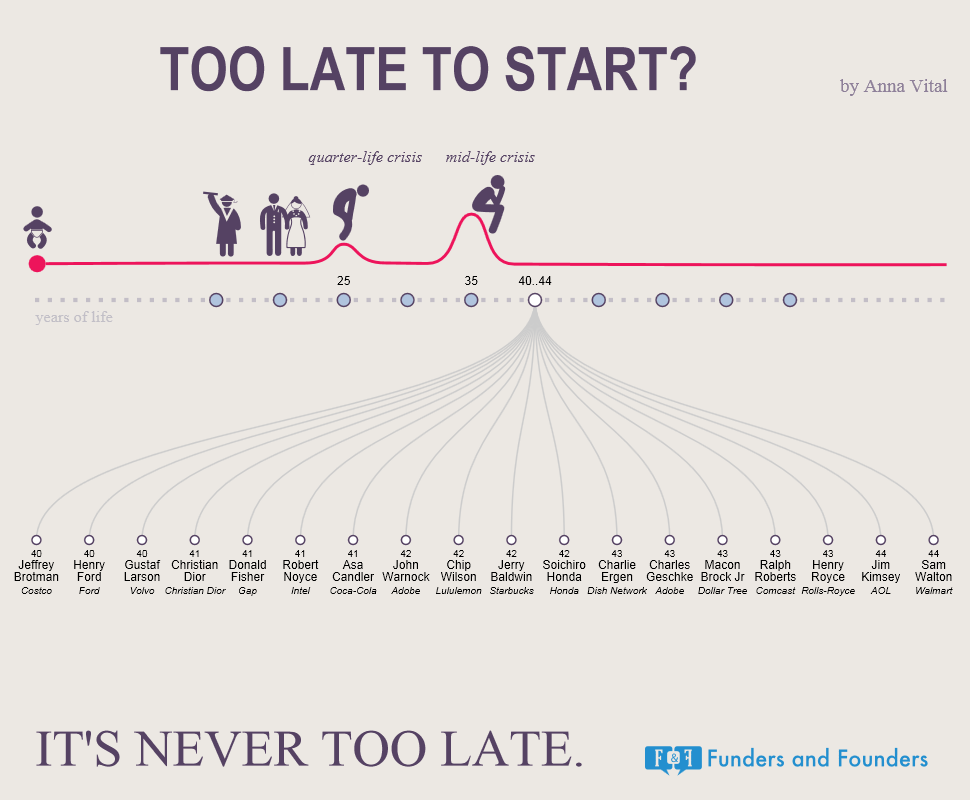
Our deepest values are a kind of internal compass by which we can check whether we are going in the right direction
Such a “check” with ourselves should be done more often. It is not necessary to wait for a crisis to come to understand that we are not where we would like to be.
Get rid of delusions
But why don't we always know this from the start? We are hindered by various misconceptions, stereotypes imposed by the environment. For example: "I can't change anything" or "I'm not good enough / good enough to change something." Sometimes these are not even our own thoughts, but what we inherit from our parents and grandparents.
I believe that the inherent nature of man is the nature of goodness and happiness. And if we gradually free our mind from the delusions that limit us, we will return to this original nature.
It doesn't happen all at once. It will take practice and patient loving attention: we must develop mindfulness.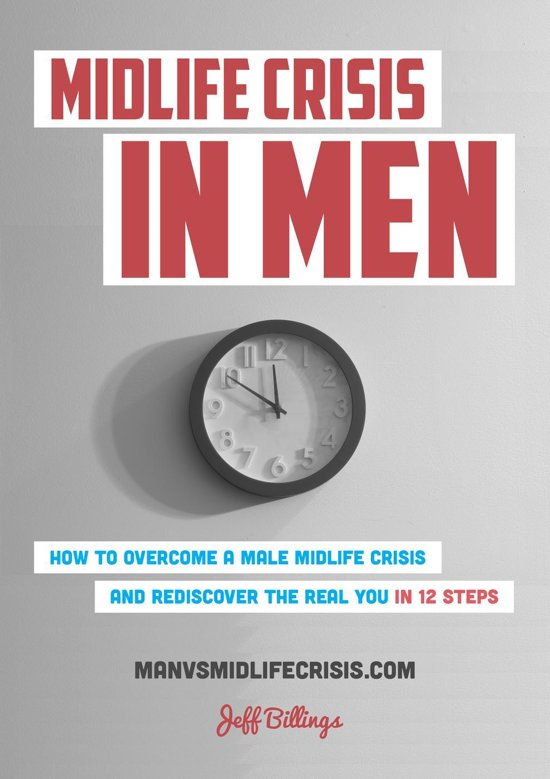 Having embarked on this path, we experience great relief. With each step, the joy and the level of experience of happiness will increase.
Having embarked on this path, we experience great relief. With each step, the joy and the level of experience of happiness will increase.
If a person lives with the thought that he is not good enough, he begins to see other people as “not good enough”. If a person is happy, he will not commit evil - he also wishes others to be happy. By gradually changing our thoughts, we change our lives. And when we seek happiness for ourselves - and not only on the physical, but also on two other levels, thereby we bring good not only to ourselves, but to everyone around us.
1. Adopt those deep inner values, in accordance with which you want to build your life.
2. Recognize and eliminate those obstacles (delusions) that prevent you from doing what you want.
3. Set new life goals in accordance with deep values and purpose and start moving towards them.
4. On the way to the goals, do not miss the joy of the current moment. Be in the present. And then you will come out of the midlife crisis towards yourself, your nature.
Daily Joy
This is a simple practice that will make you feel better and more emotional.
Find a few minutes at the end of the day. Sit in a quiet place where no one will disturb your thoughts, and mentally go over all the events of the past day. Think of 5 happy moments. They can be significant, such as a new achievement or victory, or fleeting: for example, you notice a sunbeam peeking through the clouds, smell a pleasant smell, or hear a melody that you like. Or maybe a stranger smiled at you or you smiled at someone.
Feel grateful for having experienced this. If your memory didn't reveal anything joyful about the day, thank yourself for bringing it to your attention. And adjust your focus to notice the simple joys of the next day.
Repeating this practice daily, you will soon find that every day you have more joyful moments. These subtle experiences will develop your emotional intelligence and increase your level of happiness.
About the author
Svetlana Landa — Vice-President of the Wonderful Women’s World Association, lifestyle and personality development expert, President of the Style of Life Academy.
Text: Svetlana Landa Photo source: Getty Images
New on the site
What turns a man on most: words, smells, body
Quiz: How jealous are you?
“I am in demand as an intelligent conversationalist, but not as a friend. Why is this happening?"
You are a victim of "dark forest syndrome": 6 symptoms
Selfharm: why people hurt themselves physically and how to help them
"I'm an infantile person": 3 steps to grow up
"I'm afraid to go crazy because of the attitude of my parents, and they won't let me see a psychologist"
“My man is leaving for his ex. She needs his money»
How to survive the midlife crisis: 6 simple tips
Share
0Kurt Smith
Head of Guy Stuff Counseling & Coaching
1.
 It's never too late
It's never too late Everyone has a moment when they look back and realize that dreams are just dreams. You will probably decide that it is already too late. Don't let this feeling fool you.
You still have plenty of time to write a book, climb a mountain, go on a trip, or do other things you've dreamed of doing. It is a little sad to realize that you are surrounded by young and ambitious people. However, if you really want to avoid a crisis, you need to accept the fact that age is not a hindrance to your desires.
2. Become aware of new priorities
Life goals change over time, and that's okay. Don't be afraid to let go of dreams and desires that no longer make sense. If you have started thinking about saving money instead of buying an expensive car, this does not mean that you are cheating on yourself and your beliefs. It is very important to accept the changes in values as you move into a new stage of life.
3. Stop waiting for the right moment
It's time to do something. This does not mean that you need to go to extremes and throw tricks, lowering your savings in the casino. Decide what you want, make a plan and stick to it. Waiting leads to feelings of inferiority and constant anxiety.
Achieve your goals and get the most out of life, but approach the matter with responsibility. Feel free to seek advice from friends or relatives so that they look from the outside and help make the right choice.
4. Don't regret the past
We all regret something. It is impossible to live life without this feeling. But it must be overcome. Take action that can help: apologize to the people you hurt or yourself for broken promises, and then just forget about the past. You don't become a bad person just because you move forward.
5. Make friends
If you don't happen to have a close-knit group of friends, now is the time to start one. During a midlife crisis, it is important that there are those to whom you can turn for advice. Friends will serve as a reliable support and save you from loneliness.-Step-10.jpg/670px-Identify-a-Male-Midlife-Crisis-(For-Women)-Step-10.jpg)










